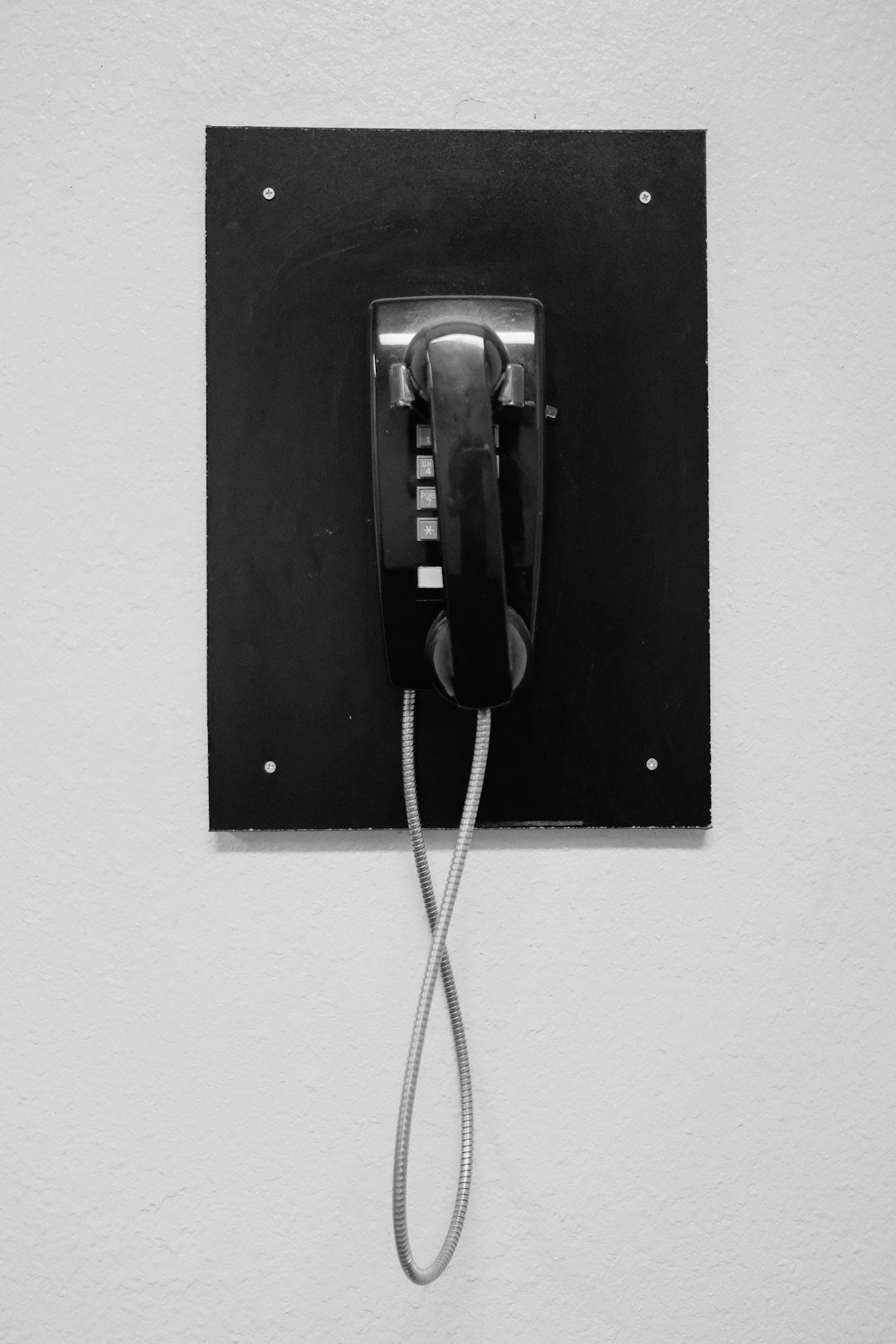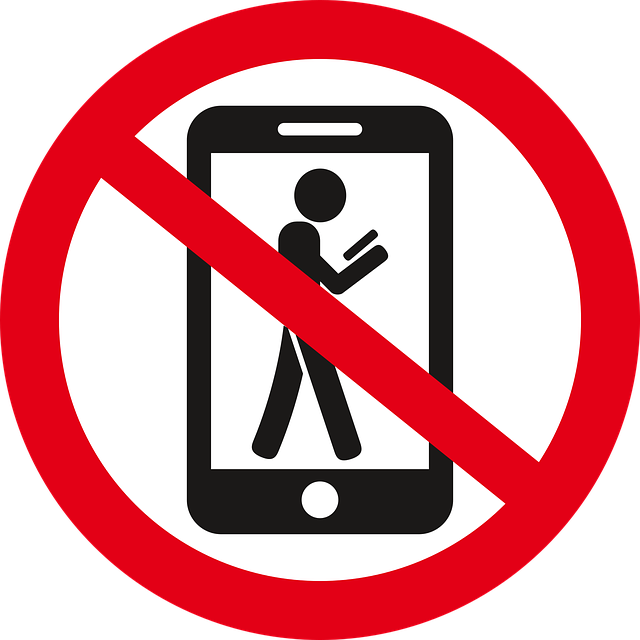Rhode Island debt collection laws protect consumers from abusive practices. Debtors have rights to dispute debts and limit collector contact, while documentation and legal advice are crucial if violations occur. Resources include filing complaints with the Rhode Island Division of Banking, seeking guidance from the Attorney General, and contacting local legal aid organizations for assistance under the Fair Debt Collection Practices Act (FDCPA).
Unfair debt collection practices can be a daunting experience for Rhode Island residents. Understanding your rights under state laws is crucial in stopping unlawful debt collection. This guide delves into Rhode Island’s debt collection regulations, helping you identify abusive tactics and protect your rights as a debtor. Learn how to take action against unfair collectors and access valuable resources tailored to RI residents, ensuring peace of mind and justice.
Understanding Rhode Island Debt Collection Laws

In Rhode Island, debt collection practices are governed by state laws designed to protect consumers from unfair or abusive tactics. Understanding these laws is crucial for both debtors and debt collectors. The Rhode Island Debt Collection Act outlines specific rules that debt collectors must adhere to when attempting to recover debts. This includes restrictions on the frequency of contact, the disclosure of information, and the use of harassment or misleading tactics.
Debtors have rights under these laws, including the right to dispute the debt and request validation from the collector. Knowing their rights allows consumers to navigate the process more effectively. Familiarizing yourself with Rhode Island’s debt collection laws is an essential step in stopping unlawful practices and ensuring a fair and transparent collection process.
Identifying Unlawful Debt Collection Practices

Unlawful debt collection practices can often fly under the radar, but consumers in Rhode Island have rights that protect them from aggressive or misleading tactics. To identify if a debt collector is engaging in unlawful behavior, it’s important to be aware of common practices that violate state and federal laws. For instance, debt collectors cannot call you at unreasonable times or use abusive, threatening, or oppressive language. They are also prohibited from making false statements about the amount owed or the consequences of non-payment.
Rhode Island’s debt collector laws explicitly forbid collectors from using unfair or deceptive means to collect a debt. This includes misrepresenting oneself, promising false relief, or using harassment or abuse to pressure debtors. If you encounter any of these practices, it’s crucial to document the interactions and consider seeking legal advice. Understanding your rights under Rhode Island’s debt collection regulations is the first step in protecting yourself from unfair treatment by debt collectors.
Protecting Your Rights as a Debtor in RI

In Rhode Island, both state and federal laws protect debtors from unfair or illegal debt collection practices. The Rhode Island Debt Collector Laws ensure that individuals facing debt issues have rights and can take action if violated. One key protection is the Fair Debt Collection Practices Act (FDCPA), a federal law that prohibits debt collectors from using abusive, false, or deceptive means to collect a debt. This includes threatening language, misrepresenting the amount owed, or contacting you at inappropriate times.
Additionally, Rhode Island’s collection agencies must comply with state-specific regulations. These rules govern how often they can contact you, what information they can share, and where they can send notices. Debtors should be aware of their rights to dispute the debt, request validation of the debt, and cease communication from collectors. Knowing and exercising these rights is essential in protecting oneself from unlawful debt collection practices.
Taking Action Against Unfair Debt Collectors

If you believe you’re being targeted by unlawful debt collection practices in Rhode Island, it’s crucial to take action. Familiarize yourself with the debt collector laws in Rhode Island, which are designed to protect consumers from harassment, false statements, and abusive tactics. You have rights, and these laws provide a framework for holding debt collectors accountable. Document every interaction with the collector, including dates, times, and any threats or aggressive behavior. Keep detailed records of all communications – both written and electronic.
Consider reaching out to the Rhode Island Attorney General’s Office for guidance and support. They often investigate complaints against debt collectors and can offer assistance in navigating your rights and options. Additionally, consult with a consumer rights attorney who specializes in debt collection law to explore legal avenues for resolving the situation and potentially seeking compensation for any harm suffered due to unfair practices.
Resources and Support for Rhode Island Residents

Rhode Island residents facing unlawful debt collection practices have several resources and support options available. The state has specific laws in place to protect consumers from abusive debt collector behavior, including unfair or deceptive tactics. If you believe a debt collector is violating your rights, you can file a complaint with the Rhode Island Division of Banking, which oversees debt collection activities within the state. They offer guidance and resources on understanding your rights under the Fair Debt Collection Practices Act (FDCPA) and can assist in resolving disputes with debt collectors.
Additionally, local legal aid organizations and non-profit consumer advocacy groups provide free or low-cost legal services to help residents navigate debt collection issues. These organizations often have knowledgeable staff who can educate individuals on their rights under the debt collector laws of Rhode Island and guide them through the process of taking official action against abusive collectors.






